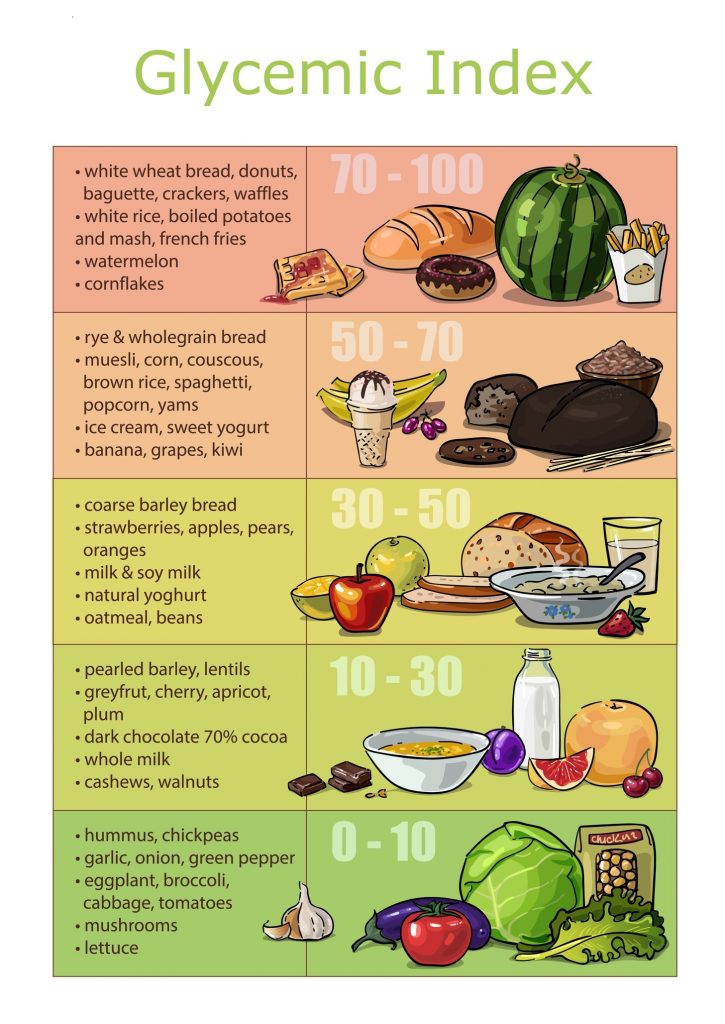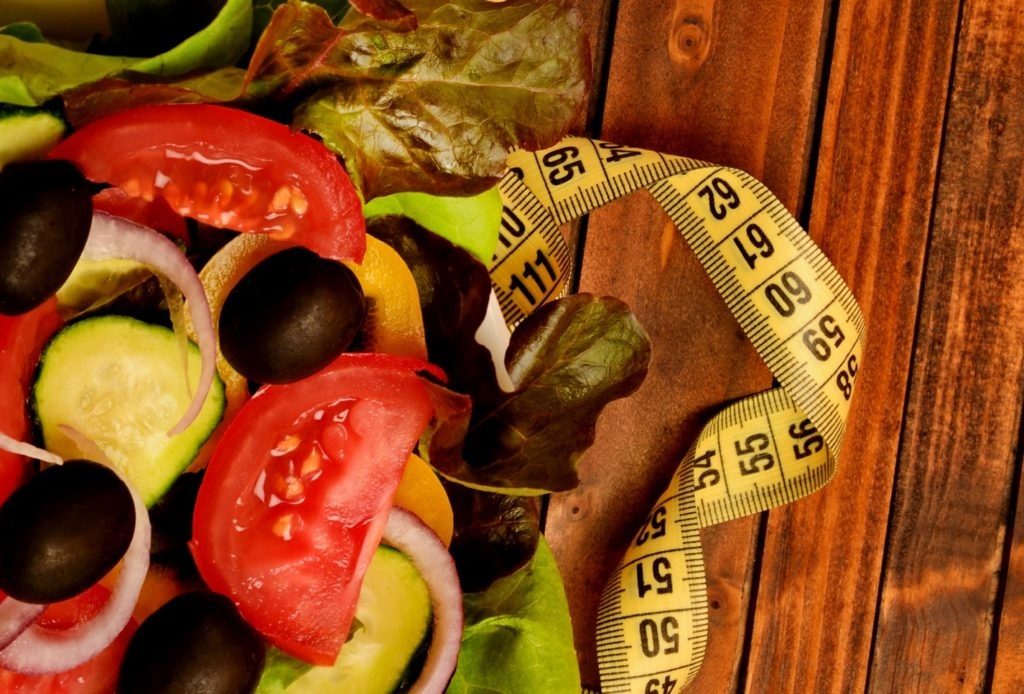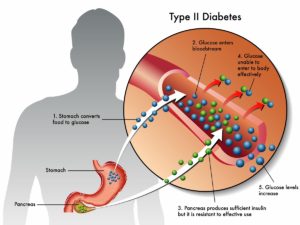1155 NW 13TH ST, Gainesville, FL 32601
All FDA Approved Devices. Newest Laser TechnologyTHE BEST LASER HAIR REMOVAL PACKAGES!
PRICES BELOW: Click "Book Online," Call or TextHow to Prevent Diabetes – 8 Basic Points
We welcome you to discuss your diabetes with us during a no cost Concierge Wellness consultation. Your doctor or diabetes educator has probably already set the foundation for a good start. Now the real work begins. Come in to discuss your chances of actually reversing your diabetes. If you really understand how diabetes can progress to result in higher likelihood of heart disease, stroke, kidney disease, and peripheral vascular disease, allow us to stabilize this disease process and change your life for the better. -M. Obal, MS, PA-C
1) Losing Weight to Prevent Diabetes
If you are overweight you risk developing diabetes. Maintaining an ideal weight is one of the most important things to know when learning how to prevent diabetes. Reduce the size of your plate and the amount of food on your plate so you gradually eat less and start to lose weight. Drink a glass of plain water or a sugar-free drink before your meal to take the edge of any hunger pains.
Weight loss requires a calorie deficit. A simple way to produce a calorie deficit is by: 1) eliminating calories in junk foods, concentrated sweets, excess fat, or carbohydrates from the diet, and 2) burning calories every day with exercise. Start by eliminating 250 calories in junk foods daily plus burning 250 calories with exercise daily. This will add up to a 500 calorie deficit each day. A deficit of 500 calories each day for 7 days would equal a 3500 calorie deficit every week. Every 3500 calories burned will allow 1 lb. of weight loss, which is a realistic short term goal each week.
2) Healthy Oils and Diabetes
Reduce the amount of saturated fat and animal fat you are eating, but include some healthy fats including monounsaturated oils in canola and olive oil as well as omega-3 oils found in cold water fish. Avoid trans-fats otherwise known as “partially hydrogenated oil” on food labels and work to lower your cholesterol. Grill or bake foods instead of frying. Use spreads with less saturated fat and healthy oils. Eat smaller meals to the point of satisfaction, but not fullness. Never eat a large meal or a lot of the same type of food at one time. It is more beneficial to limit portions and eat more often rather than too much at one sitting. Lower the amount of carbohydrates to 20 grams per meal.
3) Glycemic Index is Important to Know When Learning How to Prevent Diabetes
Did you know how to prevent diabetes by knowing the glycemic index of foods? The lower the number for glycemic index, the less that food will increase your blood sugar. Check the Glycemic Index of the food you are eating. Knowing what each food contains helps maintain your blood-sugars, which in turn can prevent the full onset of diabetes. Consuming less carbohydrates at each meal will reduce blood sugar spikes and reduce risk of diabetes. New research shows that repeated spikes in blood sugar not only increases risks of diabetes, it reduces longevity.
4) Drink Enough Water
Drink 8-16 glasses of water every day depending on your activity level or environment. If you keep a bottle of water with you and sip frequently you’ll be surprised how much you can drink throughout the day. The average sized active person benefits from drinking 16 glasses of water daily. Add up to 4 cups of green tea or hibiscus tea daily mixed in 1 gallon of water and drink through each day to provide additional benefit.
5) Curb Hunger
When hunger occurs between meals, choose a healthy snack rather than a chocolate bar. Snacks with fiber which have a slower release of carbohydrates into the bloodstream are preferred. The more fiber the better. Fiber adds fullness and allows slower release of sugars in the body. In a 6 month study, Cicero, et al found that overweight patients who were given oral psyllium power (3.5 g 3 times a day) were noted to have a significant improvement in body mass index, fasting plasma glucose, fasting plasma insulin, and LDL cholesterol.
6) Drinks with Fat
Use skim milk or soy milk rather than full-fat milk in hot drinks. Avoid sodas and drink water with a fruit slice or diluted juice. Order a fruit salad instead of cake, ice cream, or pie.
7) Supplements May Help to Maintain Blood Sugar Within Good Range
Supplements should only be used while under the care of a qualified health care provider. Proper oversight of supplement-medication interactions is important. Monitoring of blood sugar and laboratory parameters by the health care provider is important.
Chlorogenic Acid: According to Life Extension, green coffee bean extract has chlorogenic acid which has shown research evidence for losing weight and for maintaining healthy blood glucose levels. Green Coffee Extract is produced from green coffee beans. Life Extension states that this green coffee extract is standardized to 50% chlorogenic acids for maximum effect in helping to maintain healthy glucose levels already within normal range. The company states that CoffeeGenic® Green Coffee Extract is the same clinical dose shown to induce a 24% drop in after-meal glucose spikes within 30 minutes and is ideal for those who need additional glucose management support.
Indian Gooseberry Powder: Healthy individuals took a gooseberry powder supplement for 3 weeks and blood sugars were tested. There was a 14% reduction in blood glucose with 1 gram per day and 29% drop with 3 grams per day on average. Those with diabetes had a corresponding 35-47% drop in blood glucose. The result were statistically significant and the supplement was comparable to a commonly used Diabetes medication.
Alpha Lipoic Acid: Obese diabetic patients who supplemented with 600 mg of alpha-lipoic acid lost significantly more weight, and had lower triglyceride level than a control group. However, alpha lipoic acid did not affect blood sugar.
Cinnamon: 1 gram of Cassia cinnamon was found to significantly reduce fasting blood glucose by about 10% after 6 weeks. After 12 weeks, it was lowered by about 17%. HgbA1C improved but was not significant when compared to baseline.
8) Exercise to Prevent Diabetes
Exercise is good for health, but if you are not use to exercise then start in moderation. In order to start, 15 minutes gentle walking each day will ease you into a regular exercising pattern. Make exercise part of the daily routine. The greatest benefit is seen in those who exercise consistently most days of the week. Exercise makes the body’s insulin more effective for metabolizing blood sugar.
Learn More About How We Can Help Your Diabetes
Our experience allows us to help you win against diabetes and provide the support you will need to conquer this dreadful chronic disease. As part of our Concierge Wellness program, you will need to focus on very specific nutritional habits, weight loss, and improve your body’s use of insulin while learning how to prevent any spikes in blood sugar. With hard work and time we have been fortunate to support patients in coming off insulin and have helped many eliminate diabetes medication. -M. Obal, MS, PA-C
More info about diabetes:
4 Steps to Manage Your Diabetes For Life
References for How to Prevent Diabetes:
Self Nutrition Data. 2014 Condé Nast. http://nutritiondata.self.com/topics/glycemic-index Accessed 8/15/2016.
Cicero AF, Derosa G, Manca M, Bove M, Borghi C, Gaddi AV. Different effect of psyllium and guar dietary supplementation on blood pressure control in hypertensive overweight patients: a six-month, randomized clinical trial. Clin Exp Hypertens. 2007 Aug;29(6):383-94. http://www.ncbi.nlm.nih.gov/pubmed/17729055
Akhtar MS, Ramzan A, Ali A, Ahmad M. Effect of Amla fruit (Emblica officinalis Gaertn.) on blood glucose and lipid profile of normal subjects and type 2 diabetic patients. Int J Food Sci Nutr. 2011 Sep;62(6):609-16. https://www.ncbi.nlm.nih.gov/pubmed/21495900
Okanović A, Prnjavorac B, Jusufović E, Sejdinović R. Alpha-lipoic acid reduces body weight and regulates triglycerides in obese patients with diabetes mellitus. Med Glas (Zenica). 2015 Aug;12(2):122-7. https://www.ncbi.nlm.nih.gov/pubmed/26276648
8.Sahib AS. Anti-diabetic and antioxidant effect of cinnamon in poorly controlled type-2 diabetic Iraqi patients: A randomized, placebo-controlled clinical trial. J Intercult Ethnopharmacol. 2016 Feb 21;5(2):108-13. http://www.ncbi.nlm.nih.gov/pubmed/27104030







